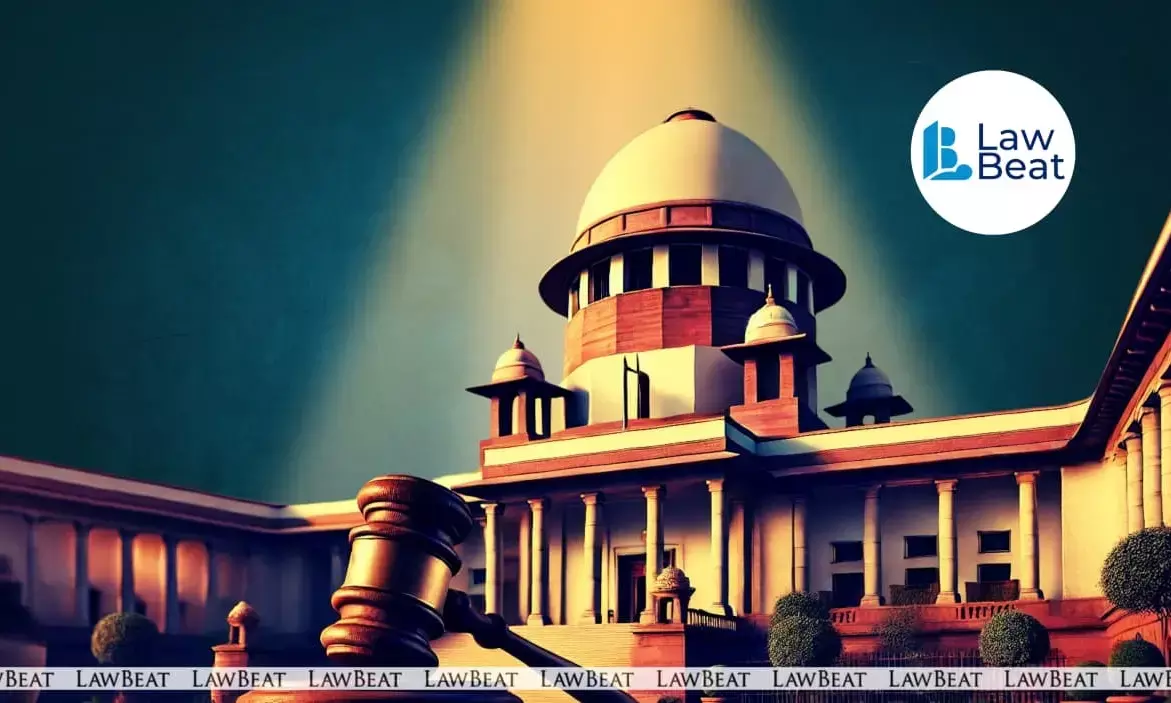Documents collected from electronic devices not to be always proved by certificate in evidence: SC

Supreme Court clarifies rules on use of electronic records as evidence under the Customs Act
The Supreme Court has clarified how electronic records can be used as evidence under the Customs Act, ruling that while such documents generally require a certificate, this does not mean a rigidly formatted certificate is always mandatory in every case.
The case arose from an appeal filed by the Directorate of Revenue Intelligence against a 2018 order of the Customs, Excise and Service Tax Appellate Tribunal, New Delhi. The Tribunal had set aside penalties imposed on Suresh Kumar and Co Impex Pvt Ltd and others in connection with alleged duty evasion during the import of branded food items. According to the Tribunal, the documents relied upon by the revenue department were collected from the electronic devices of the assessees, and since officials had not strictly complied with Section 138C(4) of the Customs Act, the documents could not be admitted in evidence.
The revenue challenged this finding, arguing that the documents had been duly acknowledged by the assessees in statements recorded under Section 108 of the Act at the time of the search, and that this acknowledgment was enough to show compliance. On the other hand, the assessees argued that merely recording statements acknowledging the documents did not amount to due compliance with the law.
The matter reached the Supreme Court before a bench of Justices J B Pardiwala and K V Vishwanathan. The bench examined Section 138C of the Customs Act, which deals with admissibility of microfilms, facsimiles and computer printouts as documents. Sub-section (4) specifically requires a certificate when computer printouts are to be read as evidence. The Court noted that this provision is in line with Section 65B(4) of the Indian Evidence Act, which was interpreted by a three-judge bench in the 2020 case of Arjun Panditrao Khotkar v. Kailash Kushanrao Gorantyal.
In that earlier ruling, the Supreme Court had explained that while the requirement of a certificate is mandatory, the way compliance is shown will depend on the facts of each case. The Court had applied two long-established principles of law: “impotentia excusat legem” (the law does not compel the impossible) and “lex non cogit ad impossibilia” (the law excuses what cannot be done). This meant that if strict compliance with a certificate was impossible, courts could still look at whether the essence of the requirement was met.
In the present case, the bench held that there was due compliance. The respondents had signed the Record of Proceedings and their statements under Section 108, where they acknowledged the documents collected from their electronic devices. At no point were these statements retracted, not even when they replied to the show-cause notice. According to the Court, this acknowledgment was sufficient to meet the requirements of Section 138C(4), even if a certificate in the exact prescribed format was not placed on record. The judges stressed that while the evidentiary value of such statements would have to be assessed separately under law, for the limited purpose of compliance with Section 138C(4), the requirement had been met.
The bench also cited its recent judgment in Kum Shubha @ Shubhashankar v. State of Karnataka, reported in 2025, where it was held that a certificate not issued in the exact prescribed form is not automatically invalid, especially if the authenticity of the documents is not in dispute.
With this reasoning, the Supreme Court partly allowed the appeal filed by the revenue. It set aside the Tribunal’s finding on the certificate requirement but did not decide the entire case itself. Instead, the bench remanded the matter back to the Tribunal, directing it to rehear the appeals on their merits. The Court clarified that its observations were confined only to the issue of whether Section 138C(4) had been complied with.
By doing so, the Court has made it clear that while certificates remain a legal necessity for using electronic records as evidence, the law does not require a straitjacket approach. If the essential requirements are met through signed proceedings, statements or other acknowledgments, such evidence can be relied upon.
Case Title: Additional Director General Adjudication, Directorate of Revenue Intelligence v. Suresh Kumar and Co Impex Pvt Ltd & Ors
Date of Judgment: September 2025
Bench: Justices J B Pardiwala and K V Vishwanathan
